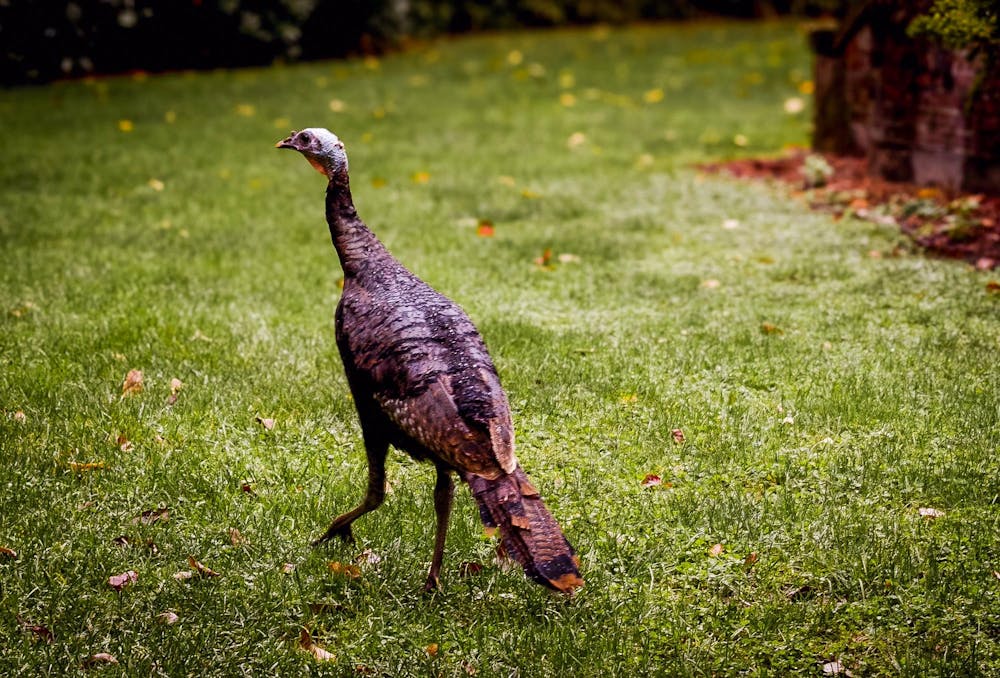H5N1 avian influenza was detected in a flock of around 40 birds in Washington County, the Rhode Island Department of Environmental Management announced Friday.
RIDEM’s Animal Health Unit has since euthanized the noncommercial farm flock, according to the department’s press release. The local food supply remains safe, RIDEM added.
Deputy Chief of the Division of Agriculture and State Veterinarian Scott Marshall, who leads Rhode Island’s H5N1 response, explained that the state has a “proactive response plan” that involves “responding quickly to reports of sick or dying domestic birds, obtaining samples and submitting these samples to nationally accredited labs for a diagnosis,” Marshall said in the press release.
Rhode Island is located along a major flight path for migratory birds known as the Atlantic flyway, according to the press release. The virus is expected to be more prevalent in wild birds.
The Ocean State reported its first H5N1 infection in October 2022, detecting the strain in a noncommercial backyard flock. A year later, the virus was reported in a fox kit, the state’s first and only mammalian case of H5N1.
Since an emergence in the United States in 2022, H5N1 has been detected in every U.S. state.
Initially limited to poultry and wild birds, the virus has since gone on to infect mammals, including humans. Since 2024, the United States has seen 67 total confirmed cases of H5N1, and one human death from the virus, according to the Centers for Disease Control and Prevention.
But risk of bird-to-human H5N1 infection is low, according to the CDC. Rhode Island has yet to report a human case of avian flu.
“My biggest concern is for Rhode Islanders who may have contact with sick animals,” wrote Jennifer Nuzzo, a professor of epidemiology and the director of the Pandemic Center at the Brown University School of Public Health, in an email to The Herald.
Though there have been no human-to-human transmissions of the virus, Nuzzo worries that the flu strain could eventually “gain the ability to spread between people.”
“This is why we are urging government officials to do more to track and slow the spread of this virus so that it can't evolve to be a bigger harm to humans,” Nuzzo added.
RIDEM advised the public to avoid “direct contact with birds or other animals infected with or suspected to be infected with avian influenza,” and to wear protective gear if necessary.
Megan is a metro editor covering health and environment. Born and raised in Hong Kong, she spends her free time drinking coffee and wishing she was Meg Ryan in a Nora Ephron movie.





